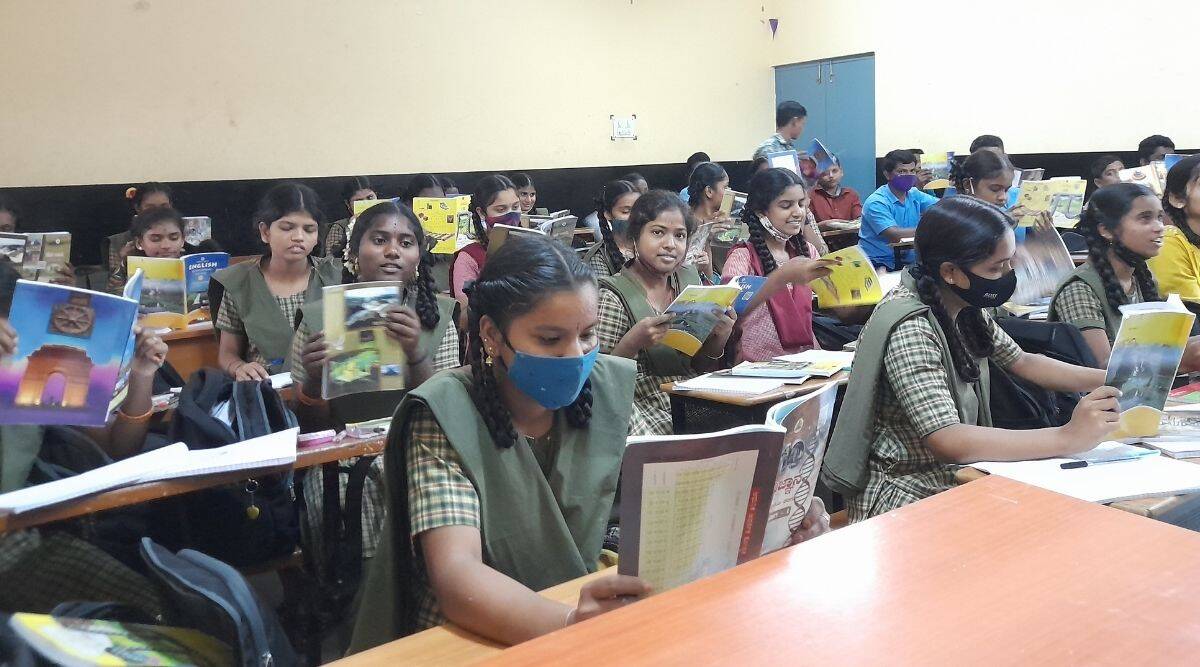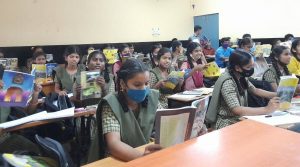In Baton Rouge, LSU moved up 91 ranks from last year’s rating to 352nd overall and 85th among public colleges in the most recent Wall Street Journal/Times Higher Education College Rankings for 2019. LSU is ranked sixth among flagship institutions globally and 32nd among its public SEC counterparts. LSU is the state’s top-ranked public university in Louisiana. F. King Alexander, president of LSU, has long advocated for increased transparency and making university outcome measurements public. In order to help rating organisations like the Wall Street Journal/Times Higher Education College Rankings improve their rankings and more accurately reflect the goals of public universities and the benefits they provide to society, Alexander has worked closely with them. According to Alexander, “the emphasis in college rankings has switched to those that lay emphasis on criteria like outcomes, which are what genuinely matters to students and their families.” “Nearly half of the Wall Street Journal/Times Higher Education College Rankings place an emphasis on outcomes like debt load and mid-career salaries. We are happy to see that these rankings are striving toward greater and more effective means of recognising the public good supplied by exceptional public universities like LSU. These are areas where LSU’s graduates have performed well. The Wall Street Journal/Times Higher Education claims that its college rankings are determined by 15 important metrics that evaluate universities in four categories: outcomes, resources, engagement, and environment. Results, which take into consideration elements like graduates’ salaries and debt loads, account for 40% of the weighting. Resources are weighted 30% and serve as a proxy for the money schools spend on teaching and student support. Using data from a student survey, engagement, which is weighted at 20%, looks at opinions on things like teaching and interactions with teachers and other students. Environment evaluates the variety of the campus community and is weighted at 10%.
In other recently revealed rankings, LSU has also been listed as one of the top institutions in the nation.
According to the Washington Monthly’s 2018 College Guide and Rankings, LSU is the university in Louisiana with the highest ranking and is in the top half of the SEC. LSU is ranked 90th among peer public universities and 30th among flagship institutions nationwide. In the most recent Forbes America’s Top Colleges rankings, LSU rose. LSU is now the top-ranked public university in Louisiana on the America’s Top Colleges list of the journal, following its earlier this year recognition as one of America’s Best Value Colleges. In addition, Forbes ranked LSU seventh among public universities in the Southeastern Conference and 59th overall among all public universities nationwide. LSU is the only public university in Louisiana to be included in the top tier of “Best National Universities” for the 11th consecutive year in U.S. News & World Report’s 2019 edition of Best Colleges. LSU is ranked 35th among flagship universities and 70th overall among public universities.
The outspoken labour leader, educator, and lawyer Randi Weingarten will give a speech at Teachers College, Columbia University on December 11 where she will discuss the importance of education in the upcoming presidential election. TC’s Center for the Professional Education of Teachers will present “an evening of challenging conversation,” with Weingarten, the current president of the 1.7 million-member American Federation of Teachers (AFL-CIO) and previous president of the United Federation of Teachers (CPET). The event, titled “In Defense of Education,” will take place on December 11 from 7 to 9 p.m. in Teachers College’s Cowin Auditorium. Visit to view the complete 2019 Wall Street Journal/Times Higher Education College Rankings.
On December 11th, Randi Weingarten will deliver a speech at Teachers College entitled “In Defense of Education.”
Zak Ringelstein, a TC doctorate student in Politics & Education and the Democratic candidate for Senate in Maine in 2018, will conduct an on-stage interview with Weingarten, who was awarded TC’s Medal for Distinguished Service at the College’s Convocation in 2008. They will talk about how education policy has changed over the last ten years and how the community wants to see it develop over the coming years, especially with regard to teachers’ salary, working conditions, and classroom autonomy, as well as school and classroom resources.
After that, Weingarten and Ringelstein will take part in the following panel discussion:
Michael Rebell, Professor of Practice a, Sonya Douglass Horsford, Associate Professor of Education Leadership, Luis Huerta, Associate Professor of Education & Public Policy, an expert on school choice and education privatisation, and Jeffrey Henig, Professor of Political Science & Education, who studies the line between private action and public action in addressing social problems
The first podcast of an ongoing series sponsored by CPET and co-produced by the College’s Media and Social Change Lab, titled “In Defense of Education,” will be made available in late January. CPET is focused to strengthening worldwide capacities in teacher education, research, and entire school transformation and is led by Roberta Lenger Kang, who co-organized “In Defense of Education” with Ringelstein. Through direct service to students and educators, creative school initiatives, international research that examines and promotes the best instructional and assessment practises currently used, and enduring school partnerships that make use of current mandates and policy to increase literacy levels and ingrain collaborative communities of learning, CPET promotes excellence and equity in education. By fusing theory and practise, CPET encourages rigorous and pertinent studies and is dedicated to making top-notch education available to everyone in the world.
(M.Ed./Ph.D.) Learning Sciences & Human Development
A graduate study option called Learning Sciences and Human Development concentrates on the nature and interactions of learning, development, and culture in a range of situations. We research how children learn and grow in the homes, neighbourhoods, businesses, and educational institutions from kindergarten through college. We are a multidisciplinary team with a common interest in equity that operates at the local, state, national, and international levels. We use a variety of research methodologies, including ethnography, design-based research, surveys, and experimental techniques. Despite our differences, we share a passion for and dedication to improving the lives of actual people in actual places through our work. Through the use of funds from the government, state, and private sectors, we engage students in original research on these topics. For use in a range of research and educational settings, our students acquire the technical and intellectual foundations necessary. Graduates of the master’s degree can find employment as researchers and consultants in public and private sector jobs spanning from schools to software creation, as well as as instructors in places like museums and charitable organisations. Doctoral programme alums frequently become university professors.










